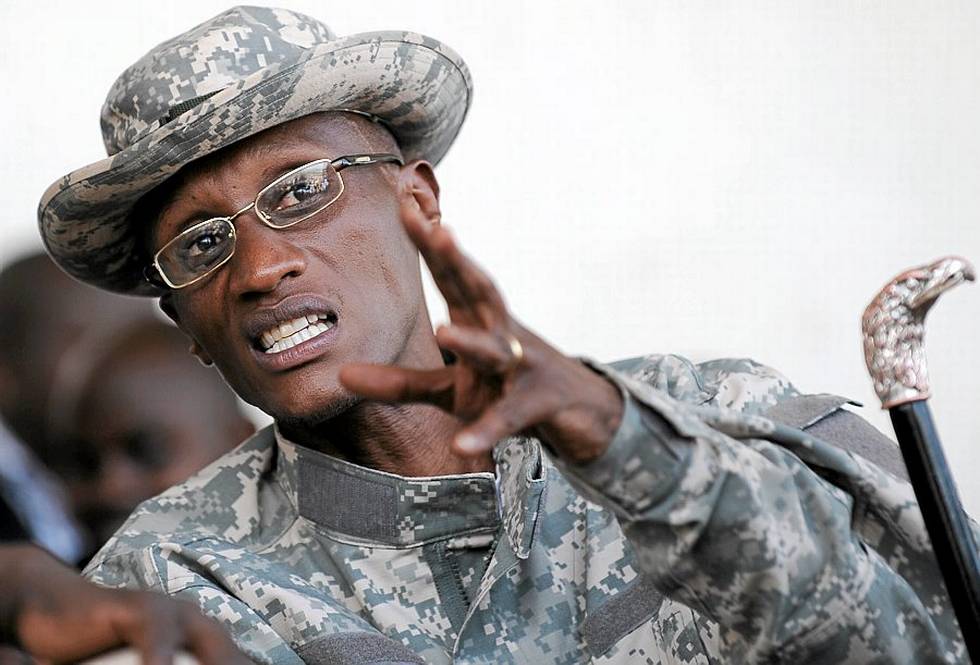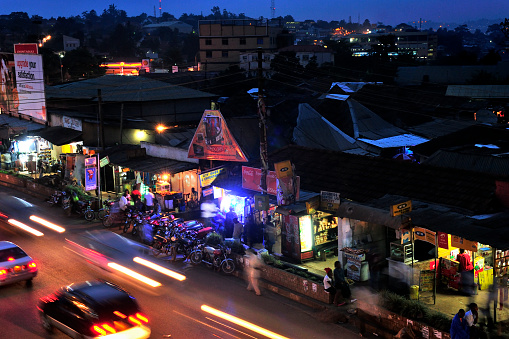Another storm is shaking up Eastern Congo. Government troops are reportedly in battles with the North Kivu forces of the Tutsi general, Laurent Nkunda. Many analysts have said Nkunda is a client of the Kigali regime of Paul Kagame. This makes a little sense.
Gen. Laurent Nkunda accused of war crimes.
Rwanda is unlikely to surrender a buffer zone at its border with DRC, especially a Tutsi one since some of the security threats to the government are from Hutu-led rebel militia now operating in the DRC. The problem in this area is that militias and governments are so weak and institutionally underdevoloped that security tends to still be defined by ethnic bonding. This means even avenues to negotiate an end to hostilities cannot graduate from the rudimentary. The real issues in DRC are how this large country should be administerd by non-hostile and effective regional associations. No administration let alone Joseph Kabila’s government will impose complete authority. At least not in the immediate future. Regionalism is the way to go and it needs to begin with a political discussion. However with some of the biases of the United Nations Mission in Congo ( Monuc, has a military force is really a mecernary force operating on behalf of the European Union and fighting this time round on the side of Kabila) the situation will continue to cast Nkunda as a war criminal instead of focussing on a more realistic program in the DRC, administrative reform.
There are some outstanding issues in the Nkunda case. DRC is hosting anti-Kigali rebels of the FDLR who are considered anti-Tutsi as well. No one is applying pressure on Kabila to flush out these rebels even if their presense and reported relationship with Kinshasa offends international law. Rwanda and Uganda ( which is weary of Ugandan rebels like ADF-NALU and LRA) cannot act unilaterally because of the fear that world opinion may turn against their countries.
This situation continues even if all sides know that the political stakes are above the claims of soverignity and capacity that Kinshasa makes. In short with a large country teeming with foreign armed groups, it is in Kabila’s interest to maintain their participation in the general scheme of things as long as they do not hurt him politically and militarily. Nkunda represents a different force, organised and inspired by the need to create a haven of administration that can withstand Kinshasa’s political and military challenges.
also see my friend Frank Nyakairu’s story on the ” hand of Rwanda” in the conflict at
http://www.monitor.co.ug/sunday/insights/insights09021.php









